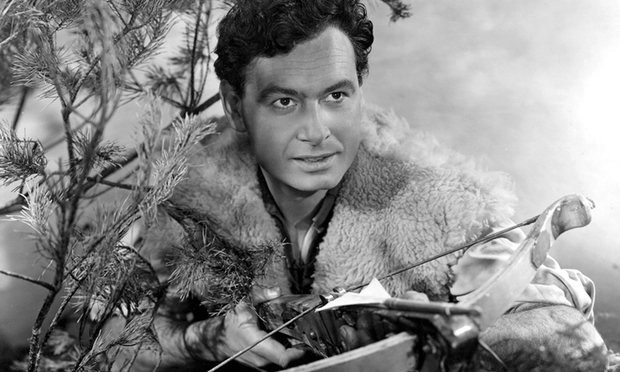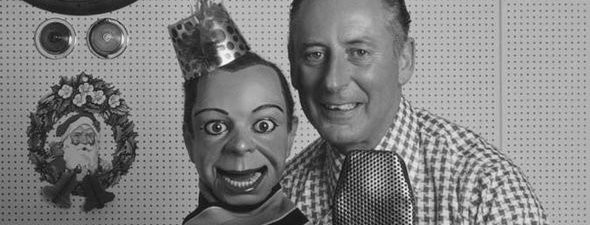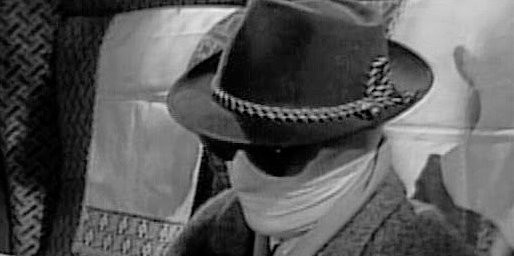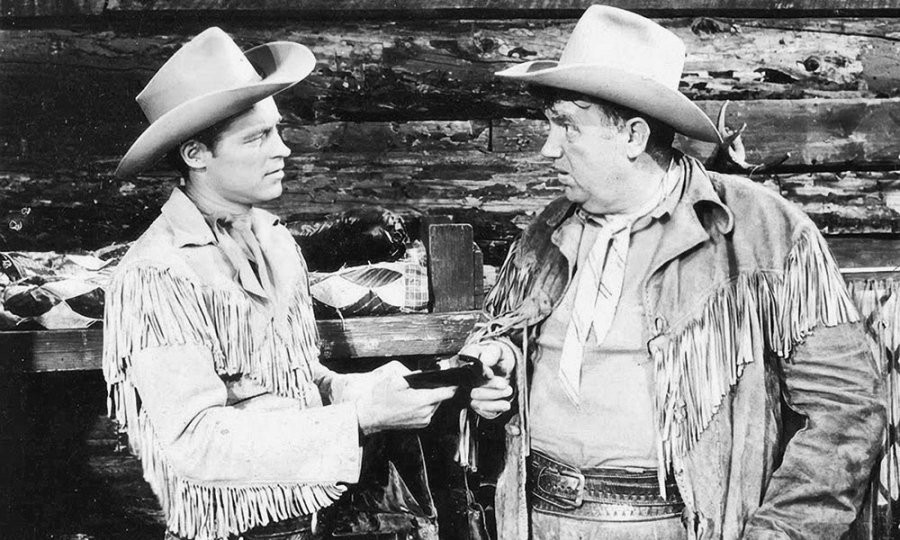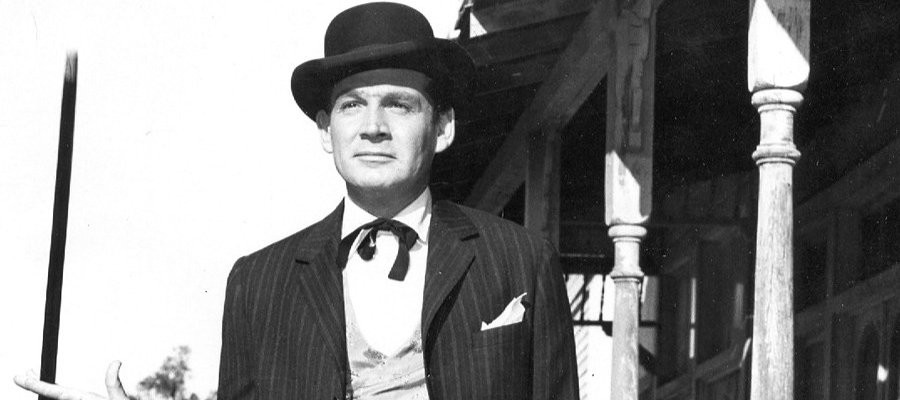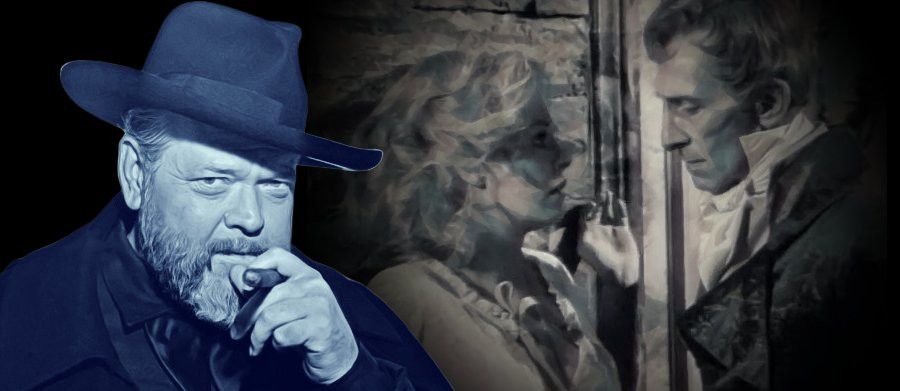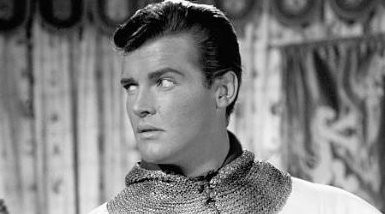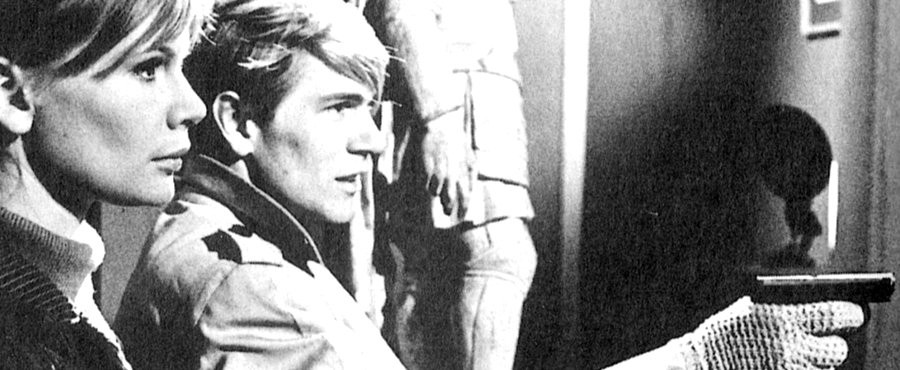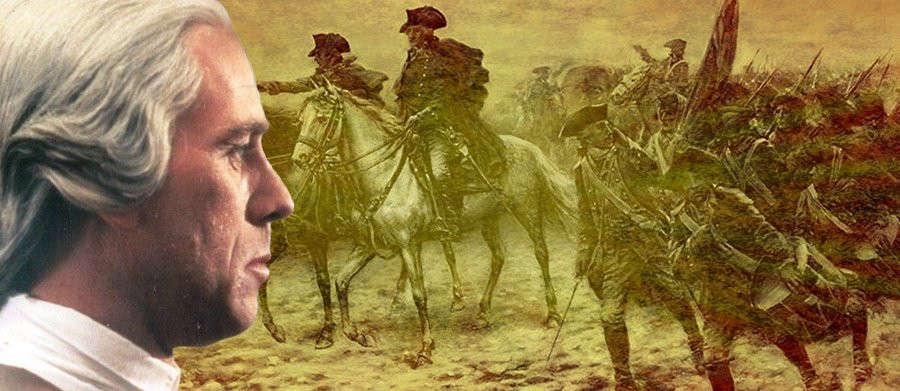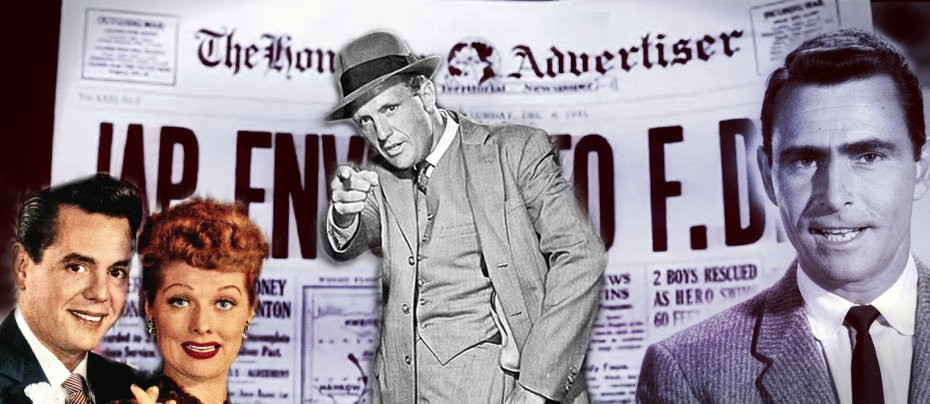
Westinghouse Desilu Playhouse
1958 - United StatesA revolving anthology of filmed dramas, musicals and comedies, Westinghouse Desilu Playhouse is better-known today for launching two successful dramatic series, and continuing the I Love Lucy format in occasional hour-long specials. But at a time when TV anthologies were fading, Desilu Playhouse would run for just two seasons, boosted largely by the Lucy specials.
Appliance and electronic goods maker Westinghouse had just pulled the plug on its long-running and award-winning live dramatic anthology Studio One in early 1958, a victim of falling ratings and the growing trend toward filmed series. Around the same time, Desilu--the studio owned by Lucille Ball and Desi Arnaz--had just completed the first season of the Lucille Ball-Desi Arnaz shows for Ford Motor Company. The hour-long format, which featured the Ricardos and Mertzes in new adventures with big-name guest stars, proved to be virtually as popular as the half-hour I Love Lucy shows that ended production in 1957. But with an economic recession and the failure of its new Edsel car, Ford decided to stop its sponsorship of the Ball-Arnaz specials.
In another development during the 1957-58 season, Desilu purchased the old RKO movie studios, giving it one of the largest production facilities in Hollywood. With more sound stages and employees than ever, Desi Arnaz had no choice but to expand. Fortunately, when Arnaz pitched the idea for a revolving anthology show, CBS snapped it up without a sponsor in place.
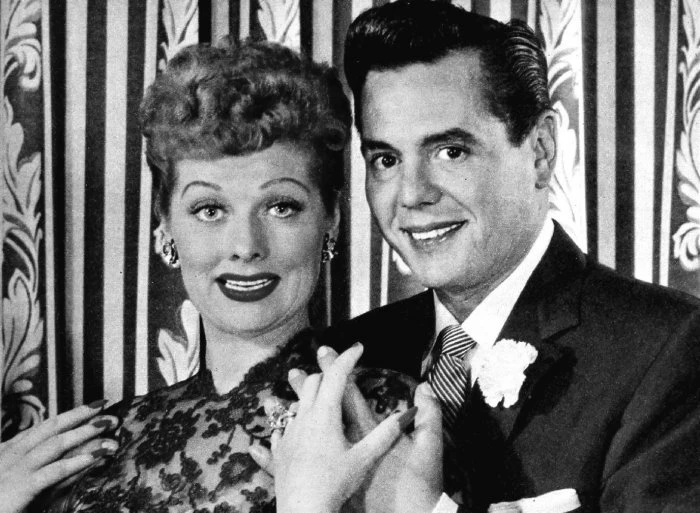
When he heard that Studio One was going off the air, Arnaz sold Westinghouse chief Mark Cresap on sponsoring the Desilu Playhouse (with new and previously aired Lucille Ball-Desi Arnaz specials in the mix). Arnaz brashly promised Cresap the show would help move slow-selling Westinghouse refrigerators, washers and ranges. Cresap, an I Love Lucy fan, agreed to put up $12 million in production costs.
To get the new venture off to a strong start, the first Playhouse episode that aired in the fall of 1958 was an I Love Lucy outing with entertainer Maurice Chevalier as a special guest. The following week, Playhouse aired its first non-Lucy production, the drama Bernadette. Future Playhouse hours would intermix comedies, dramas and an occasional musical. Even Lucille Ball stepped out of her Lucy character for a comedy drama called K.O. Kitty and hosted a talent show featuring the best students of her Desilu acting studio.
Long-time Westinghouse spokeswoman and future consumer advocate Betty Furness continued to do the sponsor’s commercials (“You can be sure if it’s Westinghouse”), playing the straight woman to the Lucy cast in the ads.
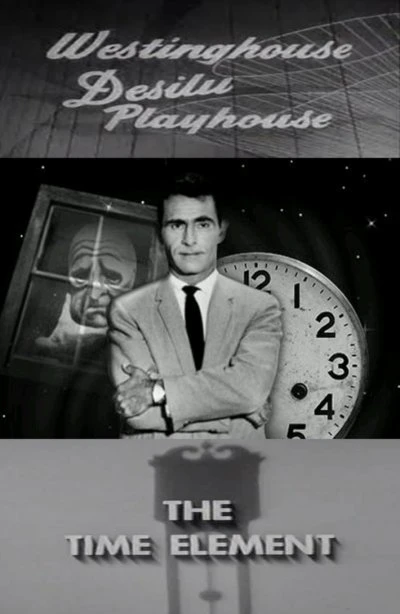
It quickly became apparent the Lucy specials were the engine driving the Playhouse; most of the other Desilu productions in the anthology received little notice from the critics or the audience. But there were a few exceptions. Rod Serling, the author of the now-classic television plays Requiem for a Heavyweight and Patterns, submitted a show for Playhouse called The Time Element. Airing in the fall of 1958, it starred William Bendix as a man who believed he went back in time to December 7th, 1941, the day the Japanese attacked Pearl Harbor and launched America’s entry into World War Two. Reviews were positive, leading CBS to order a pilot for a possible series. That pilot was the first episode of the now classic science fiction anthology Twilight Zone, which began its run in the fall of 1959.
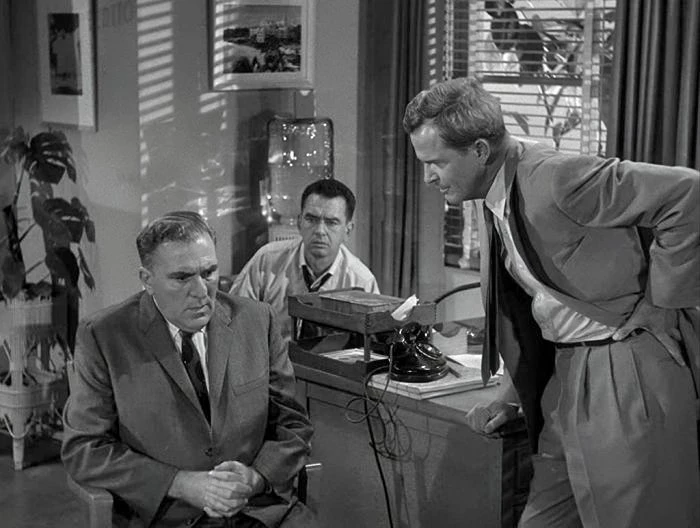
In February 1959, Desilu aired a two-part drama based on the 1947 novel about treasury agent Eliot Ness, who fought mob leaders and busted liquor-bootlegging operations during the 1920’s and 1930’s. The Untouchables (the title of both the novel and the drama) starred Robert Stack as the colourless, no-nonsense Ness. He was surrounded by a cast of colourful criminals, played by actors Peter Falk, Robert Redford, Lloyd Nolan and other notables of the period; journalist Walter Winchell was the narrator, bringing a touch of authenticity to the project.
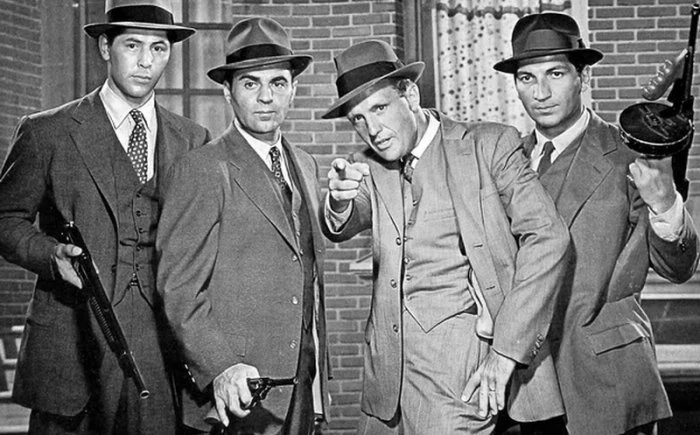
The Untouchables two-parter was a hit, and there was talk of a series to air in the fall of 1959. In a move that surprised the television industry, Desilu sold the show not to long time home CBS, but to ABC, the weakest of the three broadcast networks-a decision that caused a strain in the relationship between Arnaz and CBS Chairman Bill Paley. (The Untouchables would prove to be a major hit for ABC, running for four seasons.)
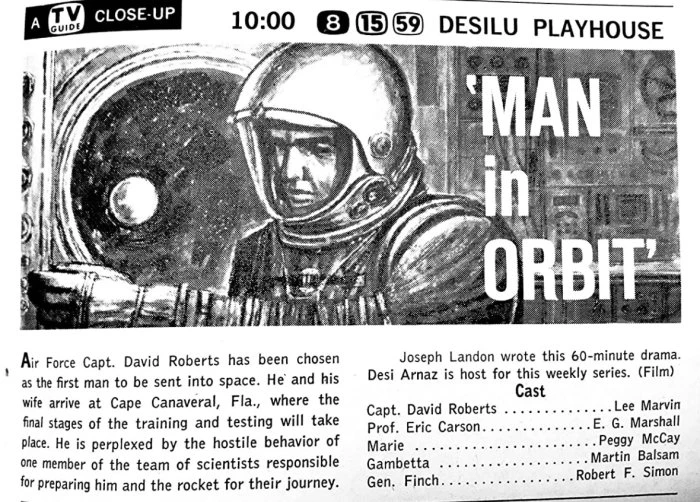
The Untouchables also proved to be the high-water mark for Desilu Playhouse. Except for the hour-long Lucy shows, production costs were not justified by the show’s mediocre ratings. Arnaz was unable to lure the top talent he wanted for his various projects. But the end was hastened by a development that the audience couldn’t imagine: The real-life marriage of Lucille Ball and Desi Arnaz was falling apart.
The couple’s volatile history was well known to Hollywood insiders since they tied the knot in 1940.
I Love Lucy temporarily saved the marriage, but Lucy’s growing fame and Desi’s increasing workload as an actor and head of a production studio brought out each other’s worse traits. Desi’s drinking and obsession with other women increased; Lucy poured herself into her work to block out an increasingly strained life at home, demanding perfection from herself and those around her.
In early 1960, the last of the 13 Lucille Ball-Desi Arnaz hour-long episodes was filmed, fulfilling Desilu’s contract to Westinghouse. Entitled Lucy Meets the Moustache, it featured real-life couple Ernie Kovacs and Edie Adams, with Lucy Ricardo trying to get Ricky a job on Kovacs’ television show, with predictable results-predictable for Lucy, that is. Adams remembers the day of the filming, noting “everyone was walking around on glass. The show was written so that Lucy and Desi would have few moments together on camera as possible. The Arnazes were both so obviously unhappy, and the comedy seemed forced because of it.” The hour-long show ended with the Ricardos kissing, lingering in an embrace for some time, until Arnaz interrupted as director and told the crew “Cut…damn it!”
The next day, Lucy filed for divorce; Arnaz did not contest the move. Soon after, the Westinghouse Desilu Playhouse was cancelled, ending both the Arnaz marriage and the nine-year saga of Lucy and Ricky Ricardo.
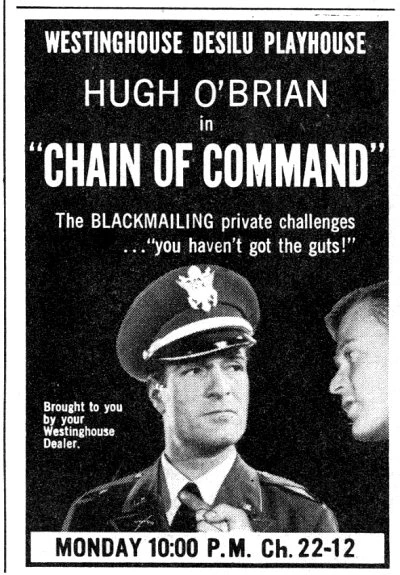
Not long after the debut of Ball’s new series The Lucy Show in 1962, she bought out Arnaz’s share of a floundering Desilu and ran the studio until 1967 when she sold out to Gulf+Western, the parent company of Paramount Pictures. During Lucy’s tenure as Desilu chief, she had a big hit with The Lucy Show, and launched three successful dramas-Mannix; Mission: Impossible and Star Trek.
Arnaz remarried and returned to television production with the moderately successful comedy The Mothers-In-Law, which was not unlike I Love Lucy in many respects. He appeared as an occasional actor in later years, published a successful autobiography (“A Book”), but succumbed to cancer in 1986. Three years later, Lucille Ball would pass away, a loss that is still felt today.
Westinghouse Desilu Playhouse was a last gasp for the 1950’s television anthology and the Arnaz marriage. But it also marked the beginning of Twilight Zone and The Untouchables, along with the final chapters of the I Love Lucy saga.
Published on November 30th, 2021. Written by Michael Spadoni for Television Heaven.


